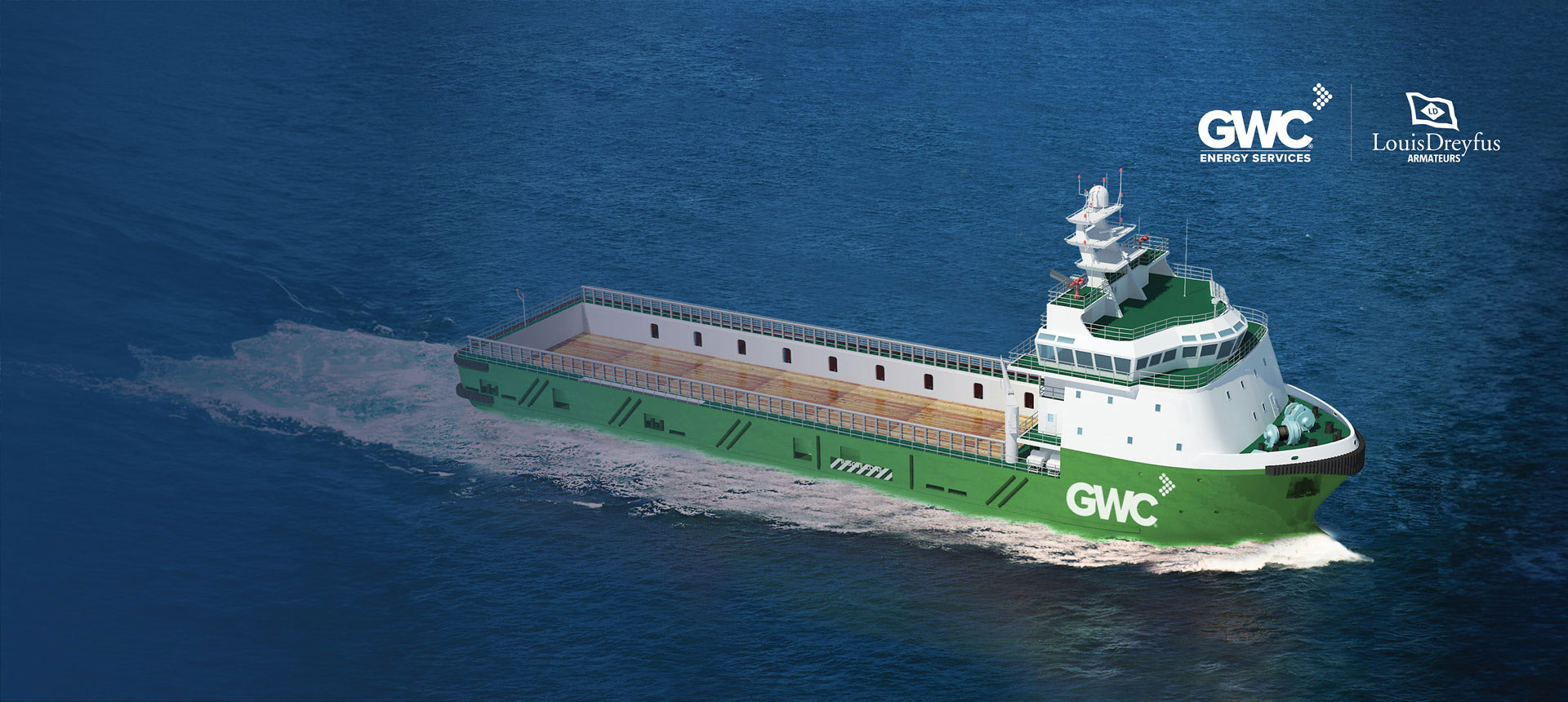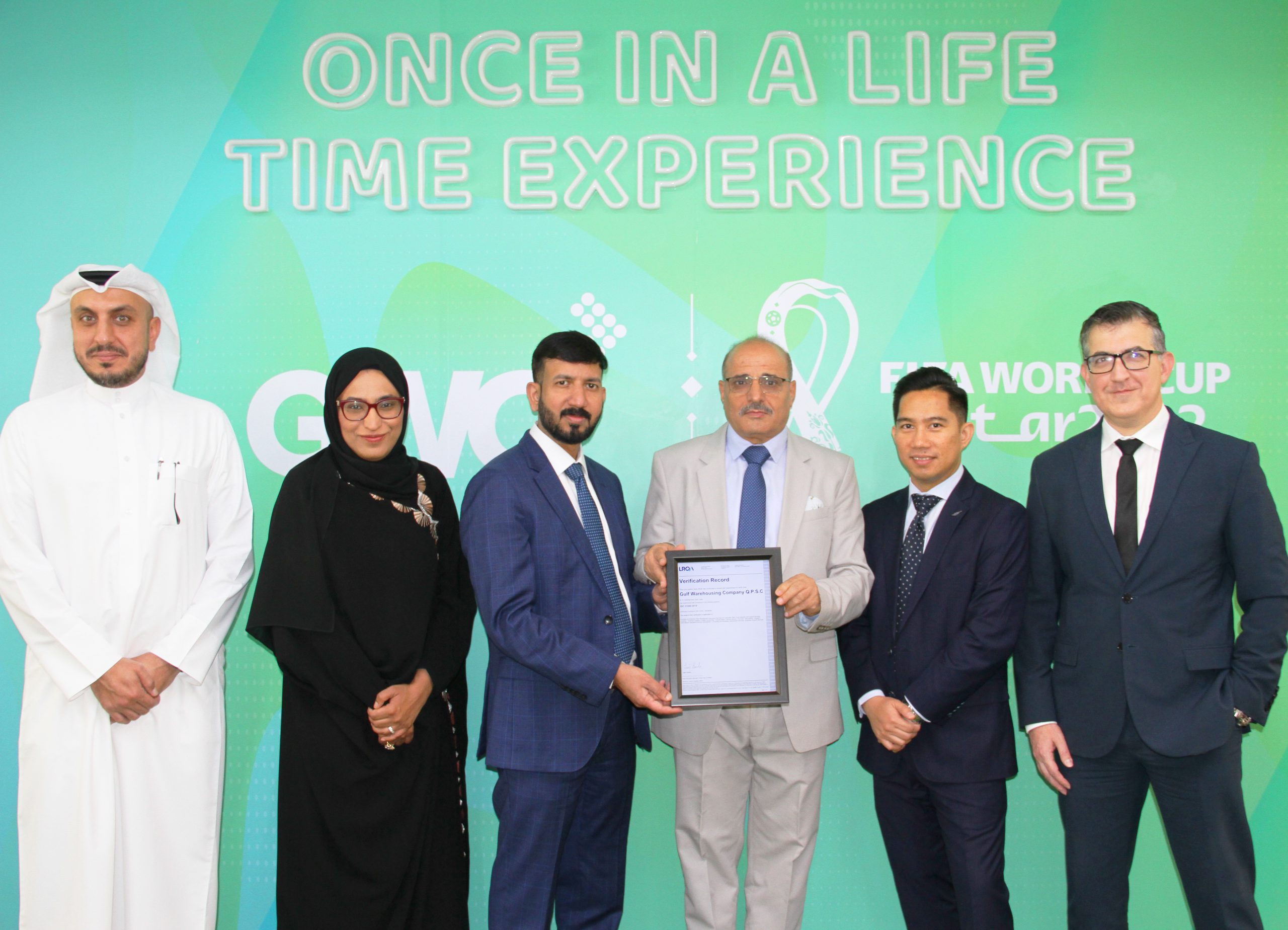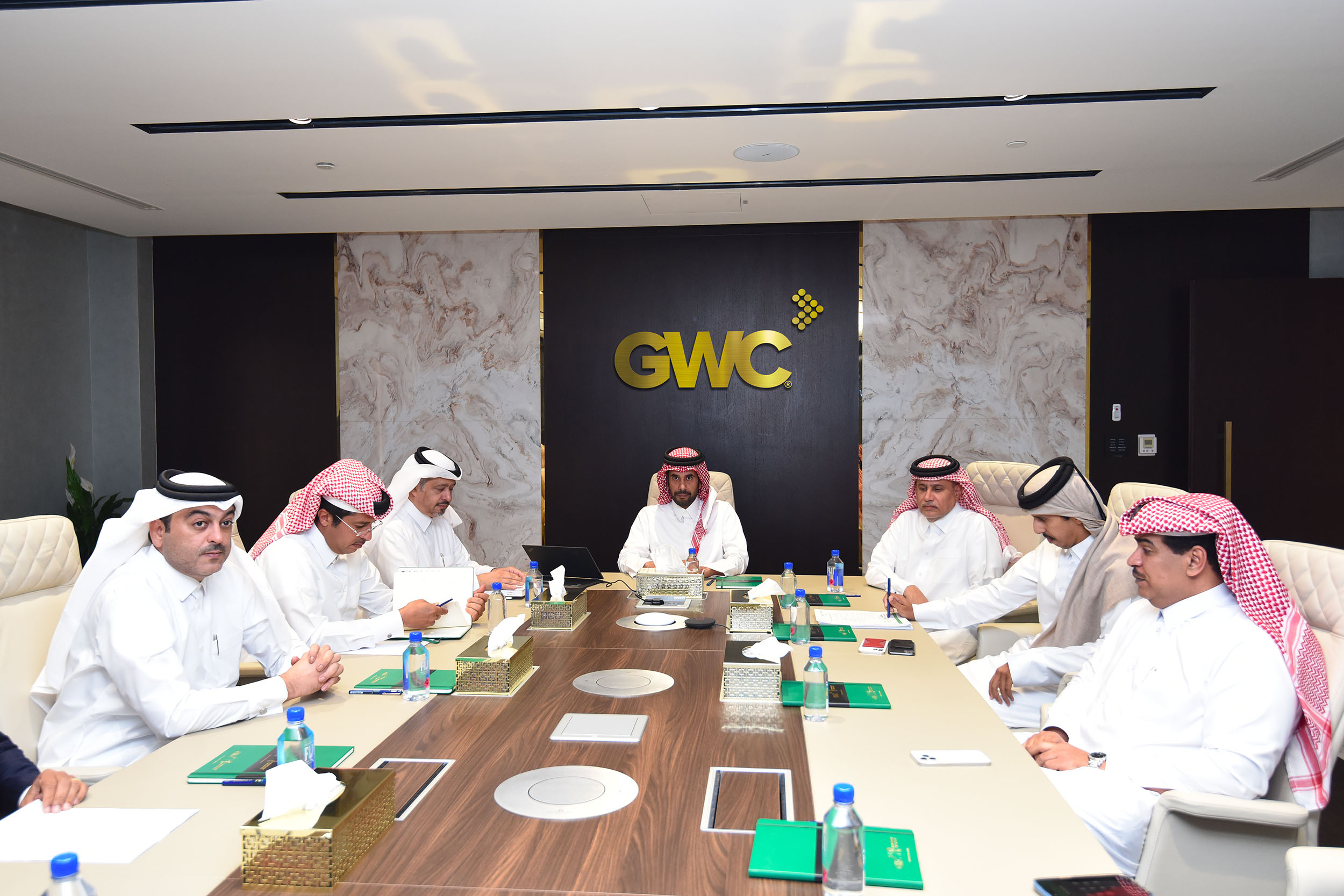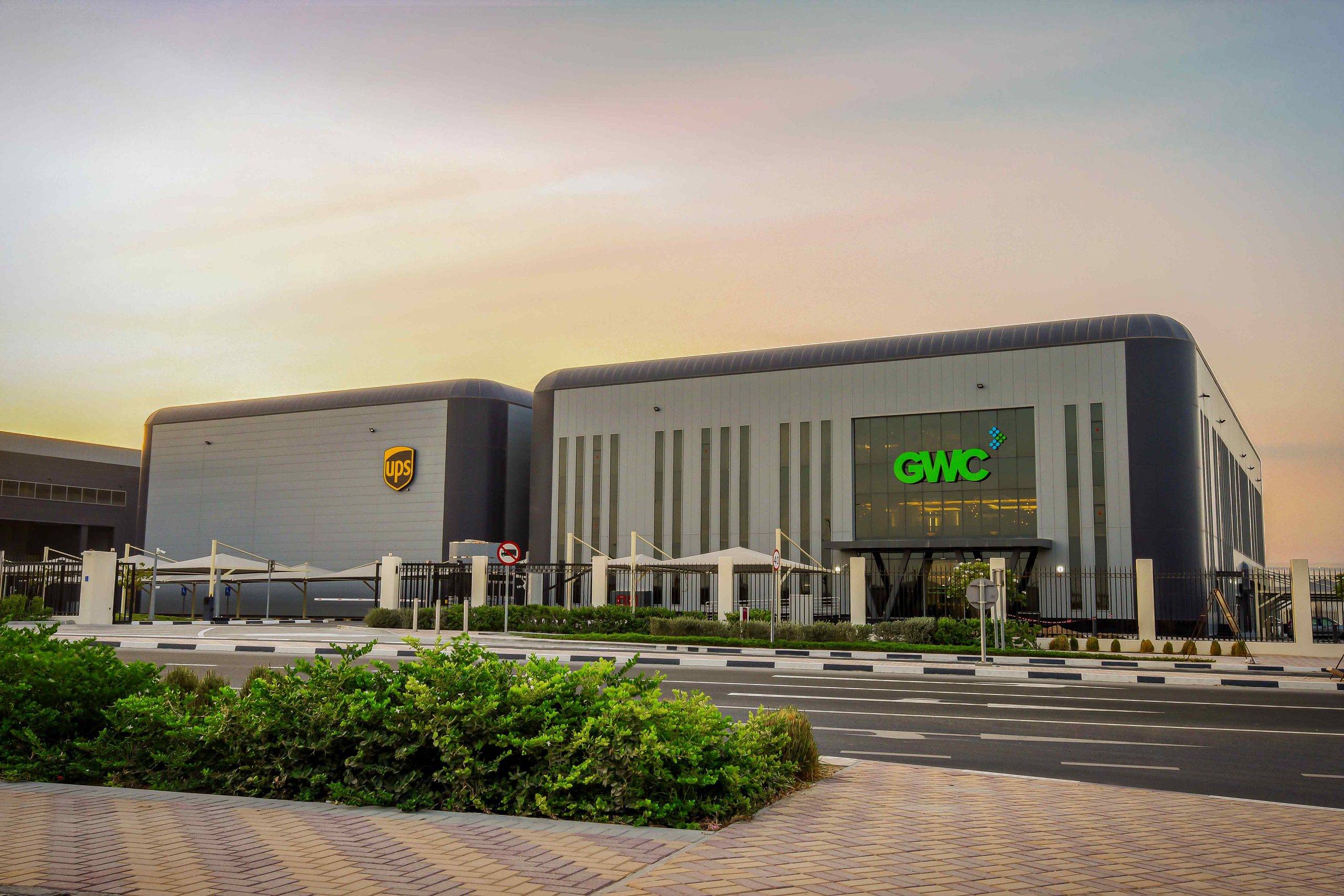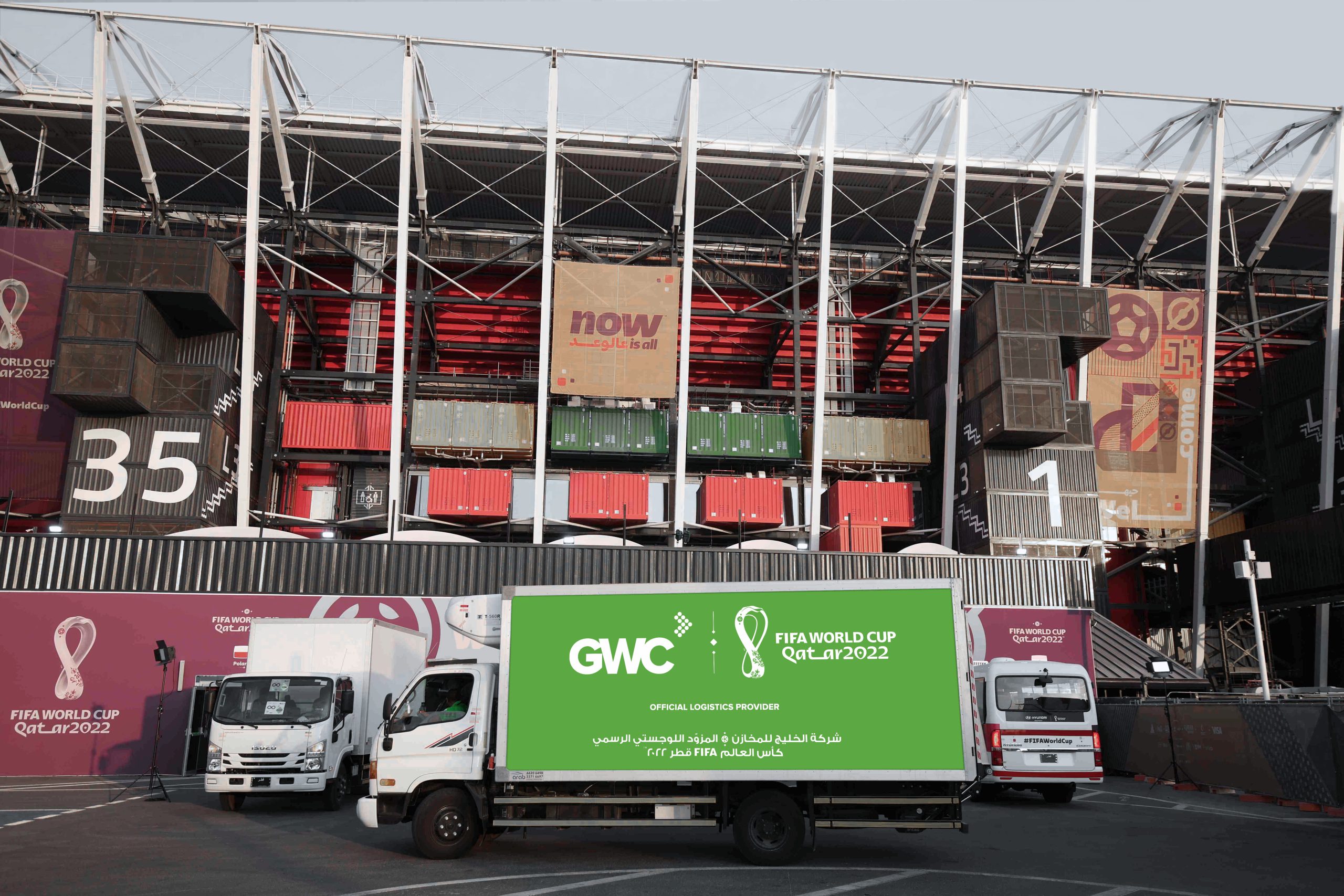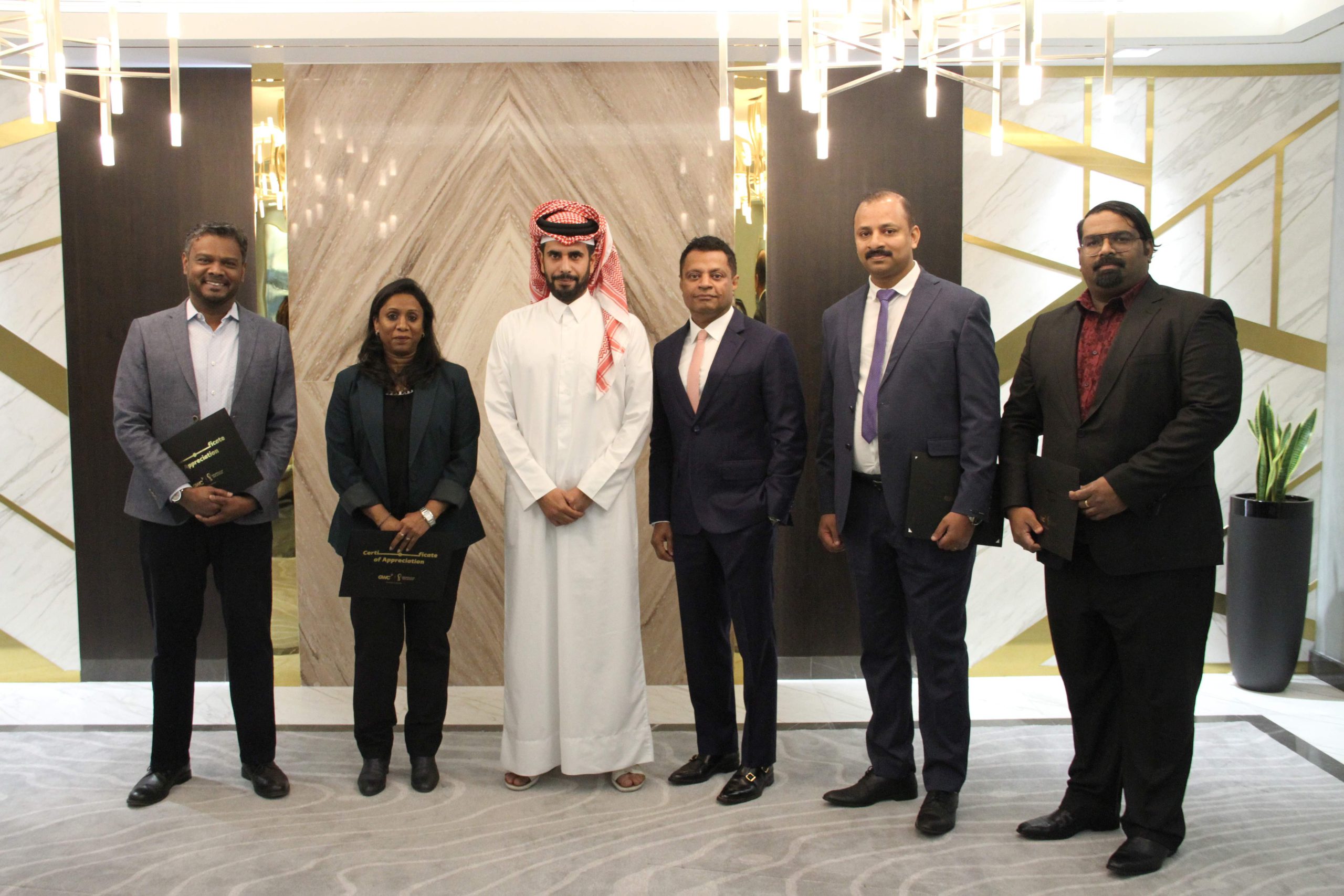Great Expectations
Capitalising on the growth of Qatar’s logistics industry, Gulf Warehousing Company (GWC) has emerged as one of the country’s biggest 3PLs, states CEO Ranjeev Menon.
Striving to become not just a dominant logistics provider within Qatar, but the dominant logistics provider remains the goal for Gulf Warehousing Company (GWC). With services that include contract logistics, freight and transport management, international moving services, and records management solutions, GWC continues to undergo domestic expansion.
“We are still in the early stages of the growth,” says Ranjeev Menon, chief executive officer of Gulf Warehousing Company. “Our goal is to be the dominant logistics provider in Qatar. We continue to develop plans to stay ahead of competition and remain the number one logistics provider for all business sectors.”
When asked what differentiates GWC from competitors, Menon is quick to credit the people, as well as policies, that have been put into place. Of course, he says, the ability to deliver custom solutions to each customer’s problems, efficiently and effectively, doesn’t hurt either.
“Our employees and our systems make us who we are. Our employees are amongst the best in the industry and are constantly trained to take GWC to the next level and they are assisted by our systems and structured documented procedures,” adds Menon. “Additionally, a successful business will make each of its clients feel special by understanding and addressing their unique requirements and quickly solving problems. GWC’s focus on its customer, on delivering a personalised experience, allows us to stand apart from our competitors.”
Launched in 2005, GWC commenced operations with a 3100m2 warehouse, and has expanded much more since. At the moment, GWC operates five different warehouses from its head office in Doha, Qatar, while continuing to grow into one of the leading logistics providers in the emirate. Menon hopes that the completion of Logistic Village Qatar (LVQ) at the end of this year will provide GWC with a suitable platform for such growth. The new facility will have one million square metres of dedicated and multi-purpose warehousing space, car storage, PDI area, a container yard and repair depot.
But surely, considering market conditions in the past 18-24 months, GWC has made some unexpected cutbacks and possibly scrapped some plans for expansion, right?
“I think 2009 will go down in the records as a year of great challenge and change,” states Menon. “Ultimately, the global economic crisis had a major impact on economic developments in virtually all business sectors. It was however one of our best years, as we achieved tremendous growth. Despite tough market competitions, GWC enjoyed the support of current and new customers to reinforce our claim to be Qatar’s largest logistics solution provider. Our results reflect the strength of our business model and our ability to post gains even in the most challenging times. While maintaining the focus on expanding our client base, we have strengthened our offering by introducing new services like Hazmat Logistics Solutions, and added greater service to our clients. We are proud to say that today, we are standing strong.” Menon agrees the New Doha International Airport, set to handle a higher volume of air cargo, will have a lasting impact on growth. According to projections, air cargo will grow at 8.2% per annum on average, based on performance by national carrier Qatar Airways. Additionally, road haulage is projected to grow by 7.3%, just slightly ahead of the growth of the economy. “The logistics market for Qatar is strong and we foresee significant growth in the industry. The reason being that the country’s marine cargo volumes are set to increase significantly over the next few years,” says Menon.
“Consider that cargo volumes handled in Qatar’s Port of Doha, as well as the upcoming New Port of Doha, are projected to grow very strongly. The volumes handled over the next five years will increase an annual average rate above GDP (expected to be 8.3%) and close to foreign trade (expected to be 12.1%). By 2014 we expect the number of containers handled at the Port of Doha to be up to 427,811 TEUs, while at the New Port they will have reached 106,953 TEUs,” continues Menon.
When considering the challenges faced, Menon acknowledges that promoting the 3PL model to the Qatari market is one of the major obstacles he is working to overcome. “Third party logistics services are still in an initial development in Qatar. The introduction of these services has proved beneficial to the state’s business sector. The main challenges faced are relating this new concept to the customers,” says Menon. “The concept of 3PL is still at a development stage and we have been promoting the use of these services to all business sectors. We believe that it is more cost-efficient for business sectors to outsource their logistics requirements. This development will take time, however, there is a huge potential for the concept of 3PL in Qatar. In line with this, we are working together with the customers to explain the benefits of using a third party logistics companies.”
In such a new market, a company such as GWC will have to build its brand from the inside out, as the customers that have never used 3PL services will indeed take time to come around. So what does Menon feel is the differentiating factor in GWC’s services, which will inevitably sway such an untapped client base? “There is an obsession with perfection within the company, ensuring that our timelines are continually met,” he concludes. “Great care of service is provided to customers at all times to guarantee that everyone is satisfied.
